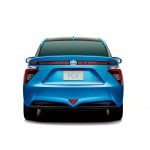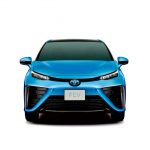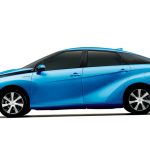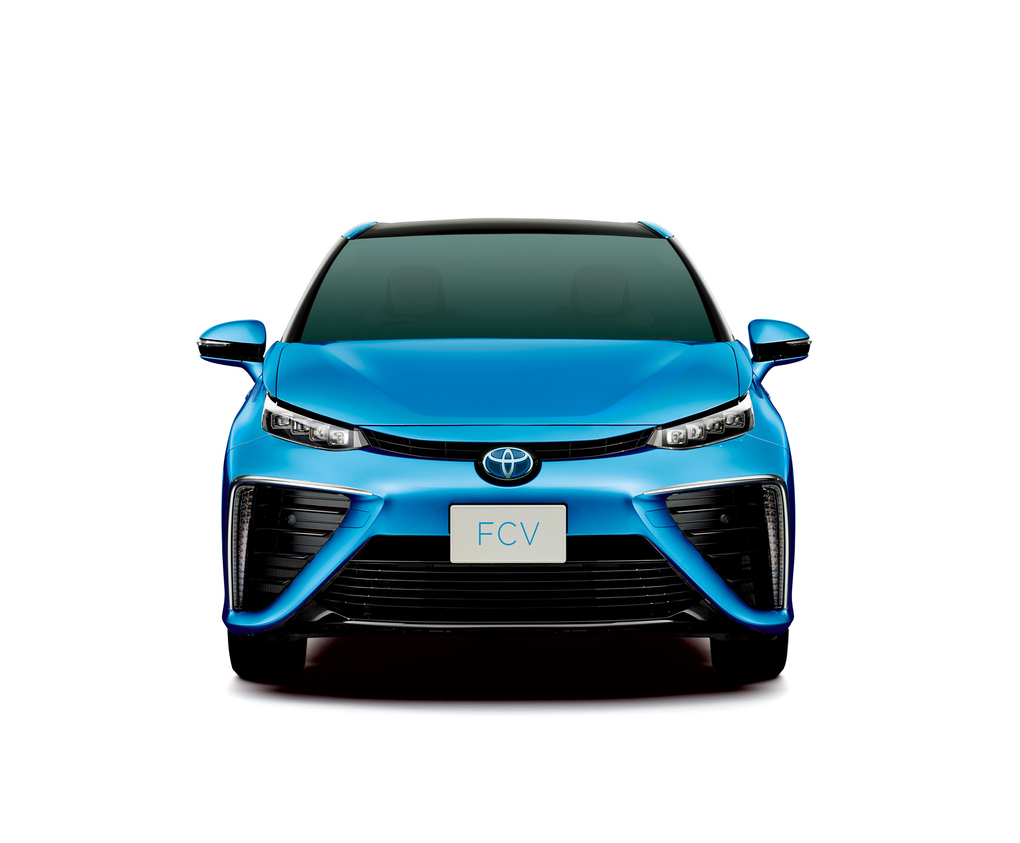
A hybrid electric vehicle (HEV) combines the technology of a conventional internal combustion engine with an electric propulsion system. By using this configuration, HEVs are able to achieve superior fuel economy and performance than a vehicle that solely relies on petroleum for power. As gas prices have skyrocketed in recent years, many automakers have followed in Toyota’s footsteps and HEVs are now considered a core segment of the automotive industry. Trucks, tractors, and even buses, are all available in a hybrid electric configuration. But as popular as HEVs have become, many auto manufacturers believe electric vehicles (EVs) are better because they don’t require gasoline like HEVs.
Most automakers have an EV in their lineup, but the technology is very constricting. Charging stations are hard to come by and drivers usually have to resort to charging their EV overnight in order to have sufficient power for normal, everyday usage. EVs also have low horsepower, minimal torque, and short ranges. And while there are certain companies like Tesla Motors tackling these issues head on, their cars are expensive and targeted at affluent buyers. For these reasons, Toyota has their sights set on something much more innovative, which they believe is much better than the current trend of going the fully electric route.
Toyota, along with the Japanese government, has just announced that the country’s first hydrogen fuel cell vehicle (HV) will go on sale at the end of March 2015. While the car will cost roughly $70,000, Japan’s governing body believes they will be able to provide subsidies and tax breaks for consumers which will bring the cost down to about $20,000 by the year 2025. Japan has also set a lofty goal for itself by declaring they will create 100 hydrogen fuel cell stations by the end of March 2016.
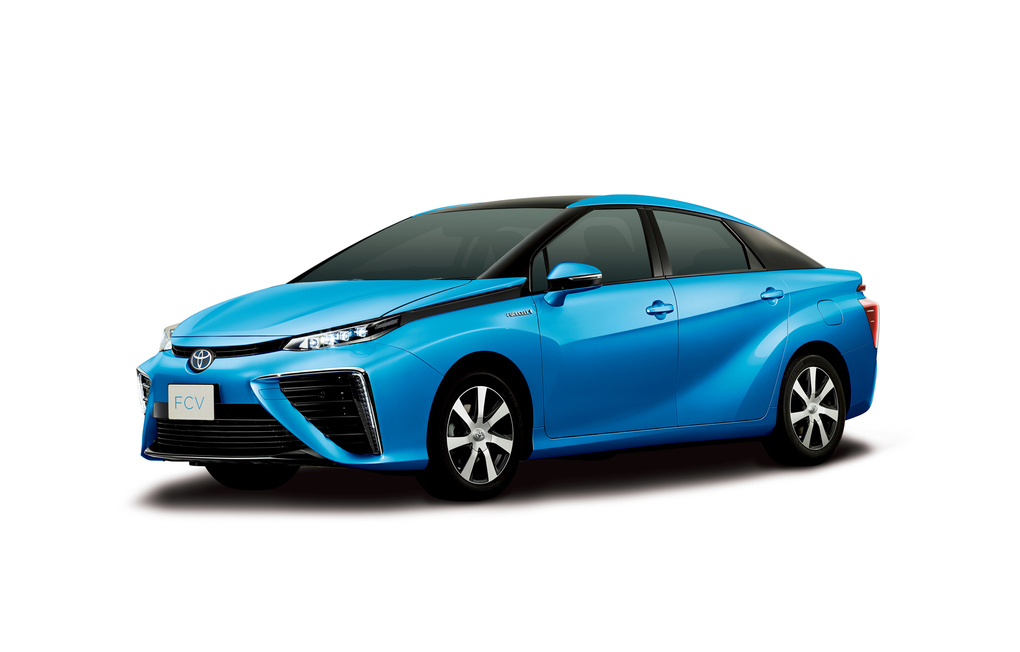
“Based on the infrastructure we see that will be in place in California, we’re much more bullish on fuel cell. I’m more bullish on fuel cell than I was on electric vehicles. I think the cost of fuel cells is going to be substantially less than in an electric vehicle.”
–Jim Lentz, Chief Executive Officer of Toyota North America
HVs are far superior to battery-operated EVs for several reasons. Not only can they run five times longer than EVs, but their tanks can be filled in just a few minutes. HVs are also more fuel-efficient. By running on electricity from cells that combine hydrogen and oxygen, HVs emit only water vapor and heat. As concern about pollution from gasoline-powered vehicles is at an all-time high, automakers have been under scrutiny to develop vehicles that emit little or no carbon pollution. Hydrogen fuel cells could be the catalyst that spawns a cleaner environment for future generations, but it won’t be easy – or cheap.
Building an infrastructure of hydrogen fuel stations is costly and most states probably won’t consider them until the price comes down. Also, petroleum is vital to many industries – not just automobiles – and one cannot realistically imagine a world where we don’t rely on gasoline to some extent. Still, Toyota is so confident about hydrogen fuel cells that they are willing to lose money to prove it – just like they did with the Prius.
“When we first introduced the Prius, there was little way we could make a profit and our vision was longer term, for the second- and third-generation models. Unless you are willing to accept losses initially, it’s not possible to increase sales.”
–Satoshi Ogiso, Toyota’s Managing Officer
Do you think hydrogen fuel cells can replace gasoline and electricity for our cars?

